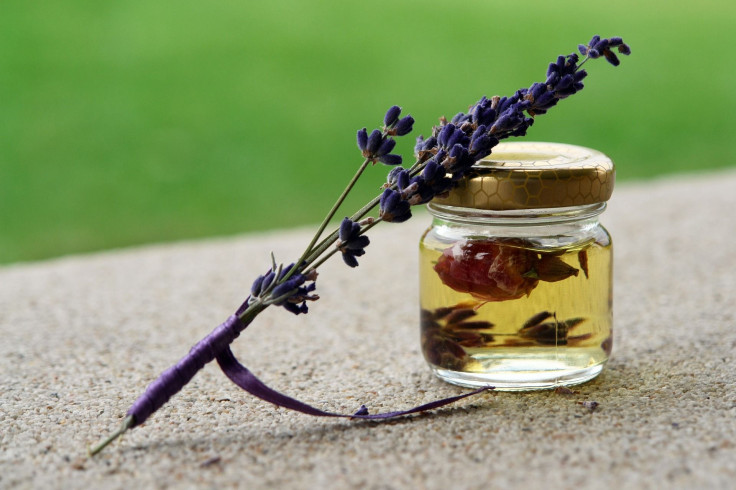Researchers Detail Dangers Of Aristolochia Plant, Say Herbal Medicine Is A 'Global Health Hazard'

Herbal and homeopathic medicines can be divisive for medical professionals and patients. Some swear by natural remedies that have been passed down through their families; others believe such methods pale in comparison to the effectiveness of modern medicine. Millions of people around the world use herbal health remedies, following tradition despite naysayers. In a new study from Baylor College of Medicine and Stony Brook University of one herbal remedy, researchers caution that the historical and long-term use of herbal remedies is no guarantee of their safety.
The research, published in the journal EMBO Reports, outlines scientific evidence suggesting the plant Aristolochia, commonly called birthwort, can cause a serious condition called aristolochic acid nephropathy, which causes patients to experience renal failure, interstitial nephritis, and even cancers of the urinary tract.
For those with a genetic predisposition, Aristolochia can lead to an interaction between aristolactam, a compound in the plant, and DNA in renal tissues, which can cause mutations in a gene meant to suppress tumors and initiate kidney cancer. Studies have also shown the process may lead to cancer in the bladder and liver as well.
People have used the plant medicinally for over 2,000 years, claiming it helps with seizures, intestinal pain, arthritis, and sexual performance. The authors said the plant’s toxicity may not have been recognized because of the lag time between exposure and disease development, and because only around 5 percent of those taking the herb have the genetic susceptibility.
Negative symptoms caused by many toxins and almost all carcinogens can take a long time to appear, which makes it exceedingly difficult for researchers to trace back the cause of an illness. The effects of Aristolochia only came to light recently after the conclusion of long epidemiologic studies. According to a national prescription database, between 1997 and 2003, 8 million Taiwanese people were exposed to herbal remedies containing the plant. Separate studies of cancer and renal failure in Taiwan showed that tens of millions of people in those countries are at risk for aristolochic acid nephropathy.
The authors argue their findings should give consumers pause when reaching for any herbal concoctions. “It is prudent to assume that many herbs may contain toxic or carcinogenic substances that can cause subsequent health problems for humans,” they wrote.
The researchers disagree with the World Health Organization, which endorses the use of traditional herbal remedies. The organization has said that long-term use of herbal remedies does prove their beneficial qualities and has also called for more scientific research into their safety and efficacy.
The authors write that the aim of their research is the “prevention of toxicities associated with herbal medicine and not a categorical rejection of traditional healing practices.” To get there, they continue, “We encourage the global health community to take actions that will evaluate both long-and short-term safety, as well as the efficacy of botanical products in widespread use.”
Source: Grollman A, Marcus D. Global Hazards of Herbal Remedies: Lessons from Aristolochia. EMBO Reports. 2016.
Published by Medicaldaily.com



























